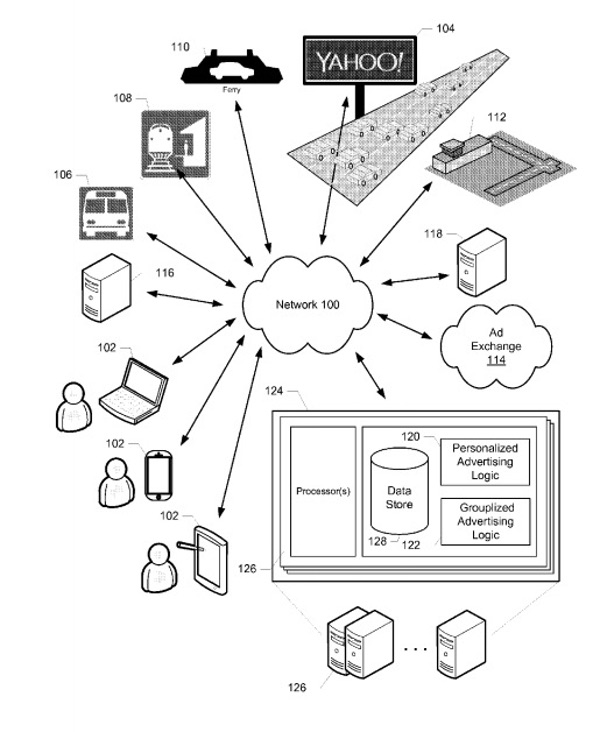The data analytics company Cambridge Analytica
The Guardian is running an article about a ‘mysterious’ big-data analytics company called Cambridge Analytica and its activities with SCL Group—a 25-year-old military psyops company in the UK later bought by “secretive hedge fund billionaire” Robert Mercer. In the article, a former employee calls it “this dark, dystopian data company that gave the world Trump.”
Mercer, with a background in computer science is alleged to be at the centre of a multimillion-dollar propaganda network.
“Facebook was the source of the psychological insights that enabled Cambridge Analytica to target individuals. It was also the mechanism that enabled them to be delivered on a large scale. The company also (perfectly legally) bought consumer datasets — on everything from magazine subscriptions to airline travel — and uniquely it appended these with the psych data to voter files… Finding “persuadable” voters is key for any campaign and with its treasure trove of data, Cambridge Analytica could target people high in neuroticism, for example, with images of immigrants “swamping” the country.
The key is finding emotional triggers for each individual voter. Cambridge Analytica worked on campaigns in several key states for a Republican political action committee. Its key objective, according to a memo the Observer has seen, was “voter disengagement” and “to persuade Democrat voters to stay at home”… In the U.S., the government is bound by strict laws about what data it can collect on individuals. But, for private companies anything goes.”



